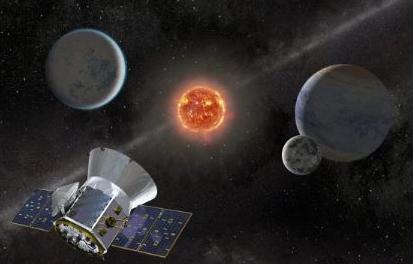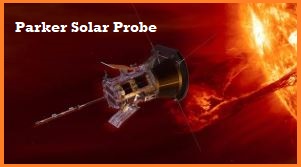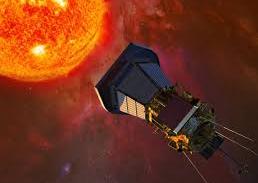Updated By: LatestGKGS Desk
NASA’s TESS discovers two new Earth-like planets: 'Super-Earth' & 'Hot Earth'

NASA’s Transiting Exoplanet Survey Satellite discovers two new Earth-like planets: 'Super-Earth' & 'Hot Earth': Highlights
NASA (National Aeronautics and Space Administration)’s Transiting Exoplanet Survey Satellite (TESS) has discovered two new Earth-like exoplanets namely: “Super-Earth” and “Hot Earth” at least 49 light-years away.
NASA's Transiting Exoplanet Survey Satellite (TESS) with its four special cameras used a detection method called transit photometry, which looks for periodic dips in the visible light of stars caused by planets passing, or transiting, in front of them
NASA's Transiting Exoplanet Survey Satellite (TESS) was launched in April 2018 to detect exoplanets (planets outside the sun’s solar system). It is a one year mission worth $337 million. This is TESS’s first discovery.
Super-Earth: It is named as Pi Mensae c. It is 60 light-years away. It orbits its sun every 6.3 days.
Hot-Earth: It is named as LHS 3844 b. It is 49 light-years away. It orbits its sun every 11 hours. Both the planets are too hot to support life.
NASA (National Aeronautics and Space Administration)
Administrator: Jim Bridenstine
Headquarters: Washington, D.C., US


